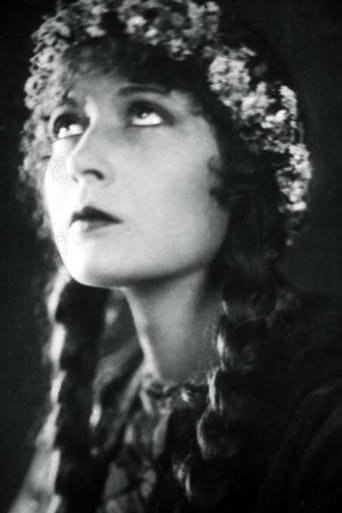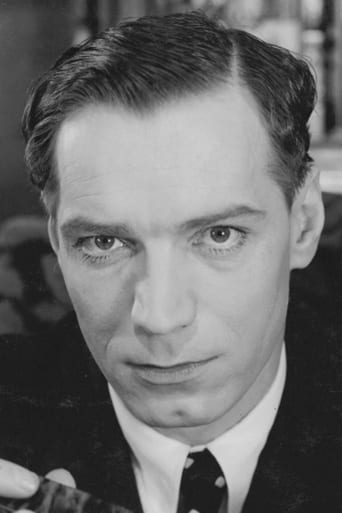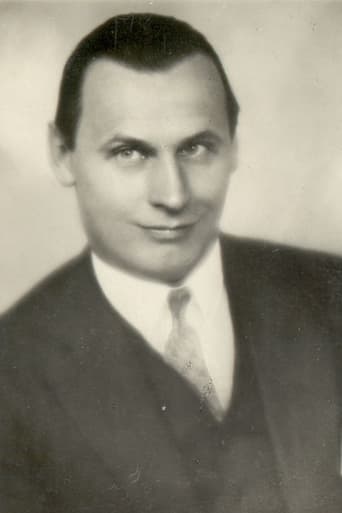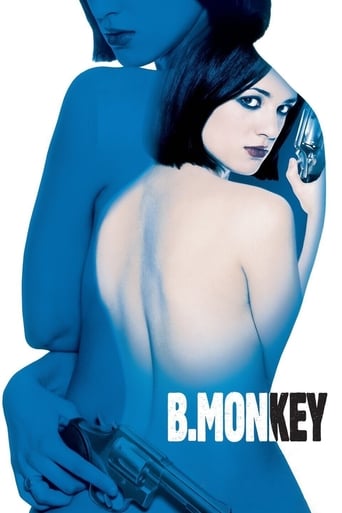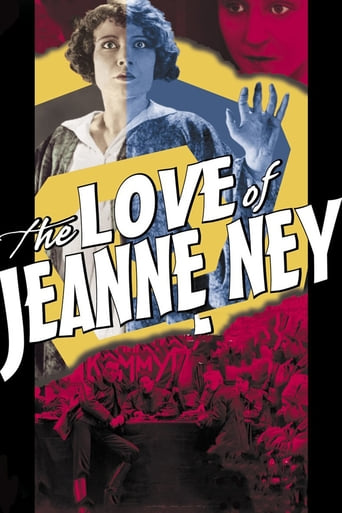
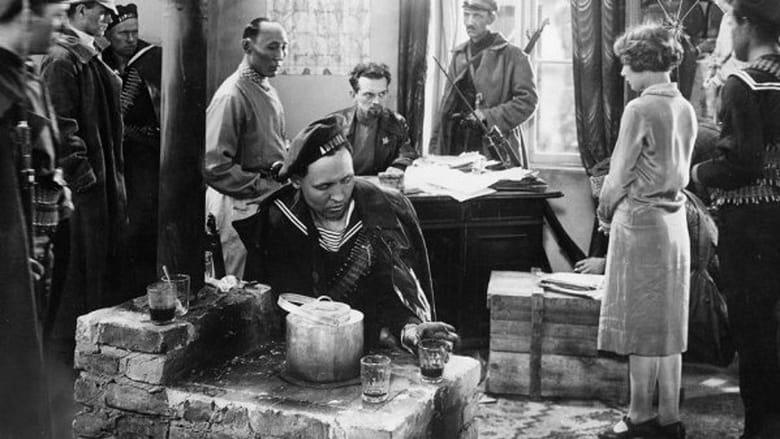
The Love of Jeanne Ney (1927)
In the Crimea, the Reds and the Whites aren't done fighting, and Jeanne discovers that the man she loves is a Bolshevik (when he kills her father). Penniless, she returns to Paris where she works for her uncle. Soon after, her lover Andreas is in France to organize the sailors in Toulon. So also is a thief, traitor, and libertine, Khalibiev, who wants to seduce Jeanne. His schemes, Jeanne and Andreas's naivete, and a lost diamond bring the lovers to the brink of tragedy.
Watch Trailer
Cast
Similar titles
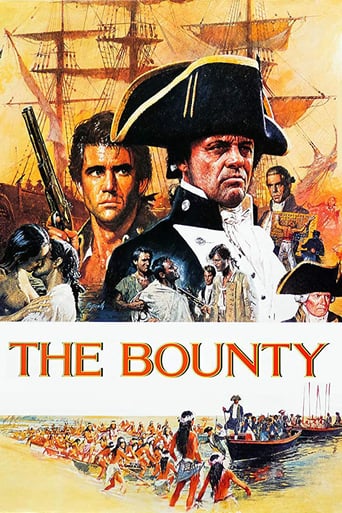
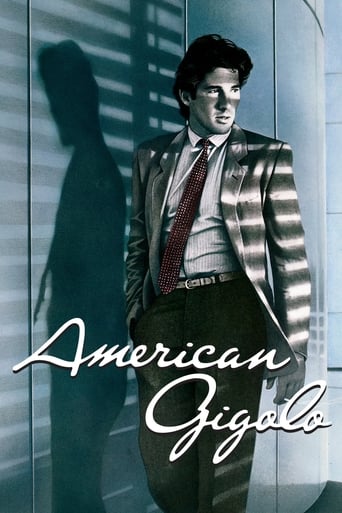

Reviews
Excellent but underrated film
Yo, there's no way for me to review this film without saying, take your *insert ethnicity + "ass" here* to see this film,like now. You have to see it in order to know what you're really messing with.
This is a coming of age storyline that you've seen in one form or another for decades. It takes a truly unique voice to make yet another one worth watching.
This film is so real. It treats its characters with so much care and sensitivity.
"Die Liebe der Jeanne Ney" or "The Love of Jeanne Nay" is a German film from 1927 and this is a year when sound films slowly became more relevant. But this one we have here is still silent and consequently also in black-and-white. It runs for 100 minutes roughly and was directed by Georg Wilhelm Pabst. Rudolf Leonhardt and (the more known) Ladislaus Vajda adapted a novel by Ilja Ehrenburg for the screen here. The lead actress is Édith Jéhanne and it is by far her most known portrayal. Her character was surprisingly short-lived compared to her co-star's Brigitte Helm for example and she also did not manage to make a transition into sound films. Overall, this is nowhere near Pabst's most or least known works, but the French background also shows that the filmmaker worked on movies that went way beyond Germany's borders. However, I also must say that this film here did not get me interested in any other of his works and most of the stuff I saw from him left me fairly unimpressed. Of course, the reason may be that I generally do not care about silent films too much, but still, looking at some of the films' IMDb rating (also this one) I expected better quality. I do not recommend Jeanny Ney as I did hardly care for the character at all. Thumbs down.
Just saw this film and was very impressed with the style and story. Like all the others who have commented, I was immediately drawn in to the story and characters. Even though there were minimal subtitles, the story was not difficult to follow. It is a different way to tell a story where body movement and gestures replace the voice. The orchestral soundtrack was well matched to the mood and action. I had never heard of this film and only found it by accident when searching on whatever became of Bridgit Helm who did not pursue acting after (?) this final film. It is also a historical drama and has interesting details of life in that time. Definitely one of the great films of that era.
First of all, I think that this is the best Pabst film I've seen. I really love Die freudlose Gasse, but there is something about Die Liebe der Jeanne Ney that is so much better. In Pabst's Die freudlose Gasse, I thought that Pabst did a great job experimenting with slow motion, different film stock, and lighting, with Geheimnisse einer Seele, Pabst did a terrific job with special effects/various techniques (perhaps maybe even overdoing it), but with Die Liebe der Jeanne Ney, I think he was able to really find a happy medium. He used various techniques he used in Geheimnisse einer Seele but didn't overdo it and used them to their full advantage by using them as a plot device that fit in seamlessly with the story. Whereas Die freudlose Gasse has the potential to be perfect, Die Liebe der Jeanne Ney has almost reached perfection. Maybe Die freudlose Gasse appears to be a bit rough due to missing parts and scholars/film archivists not knowing the order of the scenes, thus restored versions of the film don't guarantee that the presentation of the film is that close to the original, but Die Liebe der Jeanne Ney really was a step forward. I'm not making sense and it's a bit hard for me to try to explain my thoughts, but what I'm trying to get to is that this film was a huge improvement from his previous films.The film is a (melo)drama, but it had me intrigued almost from the beginning. I hated that Pabst started the film with Fritz Rasp because Rasp is truly a hideous man. I noticed that he always plays the sleazy guy in films and his face is really perfect for that.Jéhanne and Helm's acting is so natural and beautiful, particularly Helm's, but Rasp overacts in almost every scene. What's the point of slowing getting closer to a girl and then all of a sudden grabbing her? Jéhanne plays the sweet, innocent, and somewhat naïve Jeanne and although I would usually be annoyed with characters like Jeanne, I couldn't help but like her. The story is of lovers who are madly in love with each other yet something happens that separates them. Then another incident occurs that could separate the lovers but a nice man comes along and patches things up. Misunderstandings happen, murder, and all other great things that probably happen in soap operas occur, but the film implies a happy ending. I really adore this film, but my biggest problem with it is the story. Although highly enjoyable, I wonder why the film leaves Gabrielle with an unhappy ending and doesn't even return to her after her father's death. Out of all the characters in the film, I think she has suffered the most and deserved a happy ending. Jeanne deserves it as well but Gabrielle was such a tragic figure that I couldn't help but almost cry when she found her father's dead body. I also didn't understand why Gabrielle first flinched from Khalibiev's (Rasp) touch but then somehow fell in love with him. I thought that she was able to see, despite being blind, behind is "friendly" exterior, but she somehow fell for him because he brought her flowers and acted as if he really loved her when all he wanted to do was seduce Jeanne. Jeanne was never comfortable around Khalibiev and I kept looking forward to a scene when she would tell Gabrielle that she is not comfortable with Gabrielle's engagement with Khalibiev but that never happened. The final shot is truly a beautiful one, but it's too simple to wrap up everything: how will Jeanne and Andreas (Henning) be together when there are political problems surrounding their relationship? One of Die freudlose Gasse's criticisms is that the melodrama overpowers the message behind the film and that applies to the film perfectly. I don't agree much with the criticism for Die freudlose Gasse, but the happy ending truly seems tacked on like it just needs to happen. But things really aren't that simple! But nonetheless, that final shot means multiple things, which is why I love it. The obvious one is that the murderer has been caught, but the diamond also can be foreshadowing Jeanne and Andreas' marriage, and perhaps maybe it is a happy ending for Gabrielle; since the diamond was found by her father's company, most likely she would be able to have the reward money.After watching this film, I really didn't understand why Die freudlose Gasse got all the attention out of the many films Pabst directed. Is it because Die freudlose Gasse addresses the political, social, and moral problems in Germany/Austria directly whereas Die Liebe der Jeanne Ney brings forth what was going on around the time the film was made but is overshadowed by the melodramatic story? I just think that this film is one of Pabst's strongest silent uvre because everything fits so well, but that's just my opinion.
Like most films, The Love of Jeanne Ney is a melodrama, one of the right sort that absorbs you in the story. One hook is, or was, political, with a choice of sides in the Civil War in Russia, refined as support for workers in France, including Jeanne at her typewriter while her uncle does fancy deals. The lasting hook is the skill with which the film is made, particularly the handling of scenes on a train and outdoor scenes. These include lengthy tracking shots well edited together: the hero, running to keep up with an automobile, and especially a long walk through crowds in the market of Les Halles in Paris, which is Atget in motion. Without Pabst, no Renoir, no Altman.
